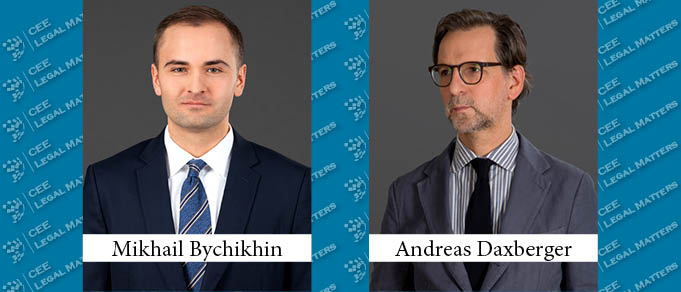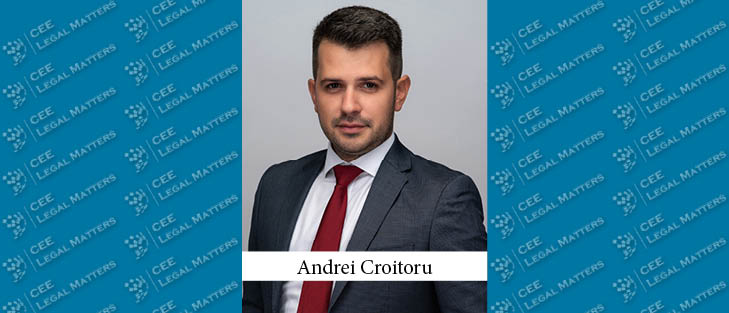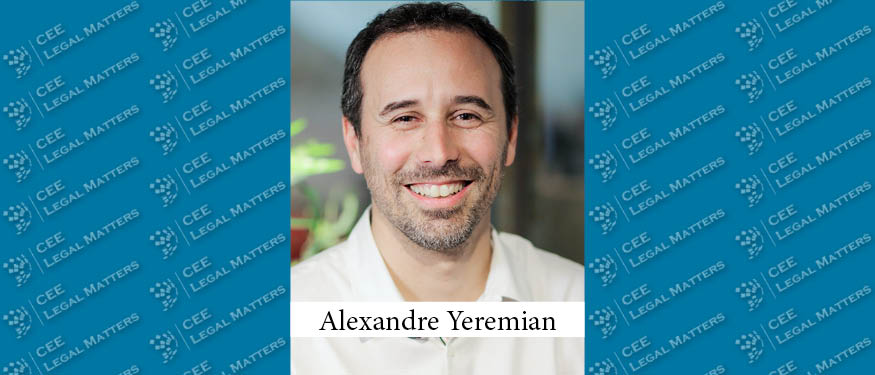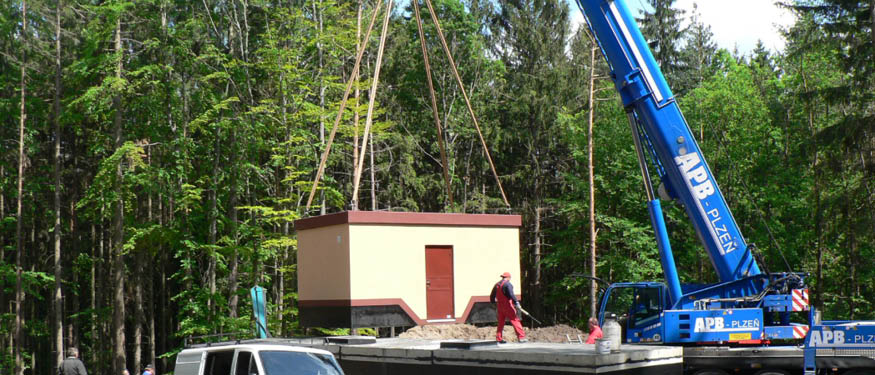In July, new Arbitration and Mediation Rules of the Vienna International Arbitration Centre ("VIAC" and "VIAC Rules") entered into force. The revised VIAC Rules will apply to arbitrations commenced after 30 June 2021.
The VIAC is one of only four foreign arbitral institutions (besides HKIAC, ICC and SIAC) that qualify as "Permanent Arbitration Institutions" in Russia and are therefore allowed to administer arbitrations seated in Russia and certain Russia-related disputes, including, corporate disputes in respect of Russian legal entities.
The main updates to the VIAC Rules include:
1. Investment arbitration and appointing authority: the VIAC is now expressly authorised to administer investment arbitration proceedings (and has also introduced separate Rules for investment arbitration and mediation) and can act as an appointing or administrating authority in ad hoc proceedings.
2. Use of electronic technology and the introduction of the VIAC Portal:
- filing statements of claims and transferring documents electronically are expressly allowed;
- parties and arbitrators can use the VIAC Portal (hosted on HighQ) for online case management and document exchange;
- although it was possible earlier, it is now expressly stated that the hearings can be conducted not only in person, but also by other means (eg via videoconferencing). The arbitral tribunal will determine the format of the hearing, taking into account the parties' views and the circumstances of the case; and
- sending a copy of the arbitral award electronically is expressly allowed.
3. Third-party funding ("TPF"): the provisions on TPF, including the definition of TPF and provisions regulating TPF
and its disclosure have been introduced.
4. Express time limit for rendering a final award: previously there was no such time limit. Under the VIAC Rules, the award must be rendered no later than three months after the date (i) the last hearing concerning matters to be decided in an award took place or (ii) the last authorised submission concerning such matters was filed, whichever is later. However, the deadline can be extended by the VIAC Secretary General.
5. Revised rules on arbitration costs and fees:
- at the request of a party, the arbitral tribunal may now issue an award on costs at any stage of the proceedings, including before the issuance of the final award;
- although the fees and costs for smaller disputes remained the same, the administrative fee for disputes over EUR 100,000 and the arbitrators' fees for disputes over EUR 200,000 have been increased;
- the VIAC Secretary General has greater flexibility in determining the advance on costs and fees of arbitrators, which would be especially relevant for complex arbitrations.
Statement of the DLA Piper team: “Overall, the revised VIAC Rules are designed to improve the efficiency of the proceedings and are in line with the latest trends in international arbitration. The adoption of the revised VIAC Rules will reinforce the popularity of the VIAC as a dispute resolution option – also in relation to Russia-related disputes.”
By Mikhail Bychikhin, Senior Associate, Andreas Daxberger, Partner, and Anna Ryazanova, DLA Piper






















